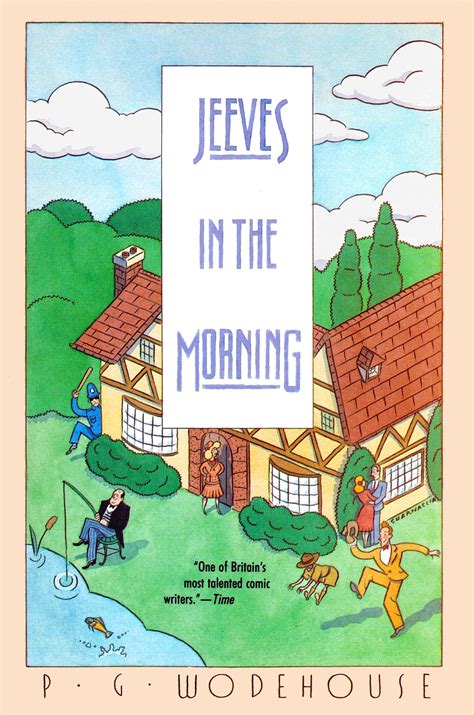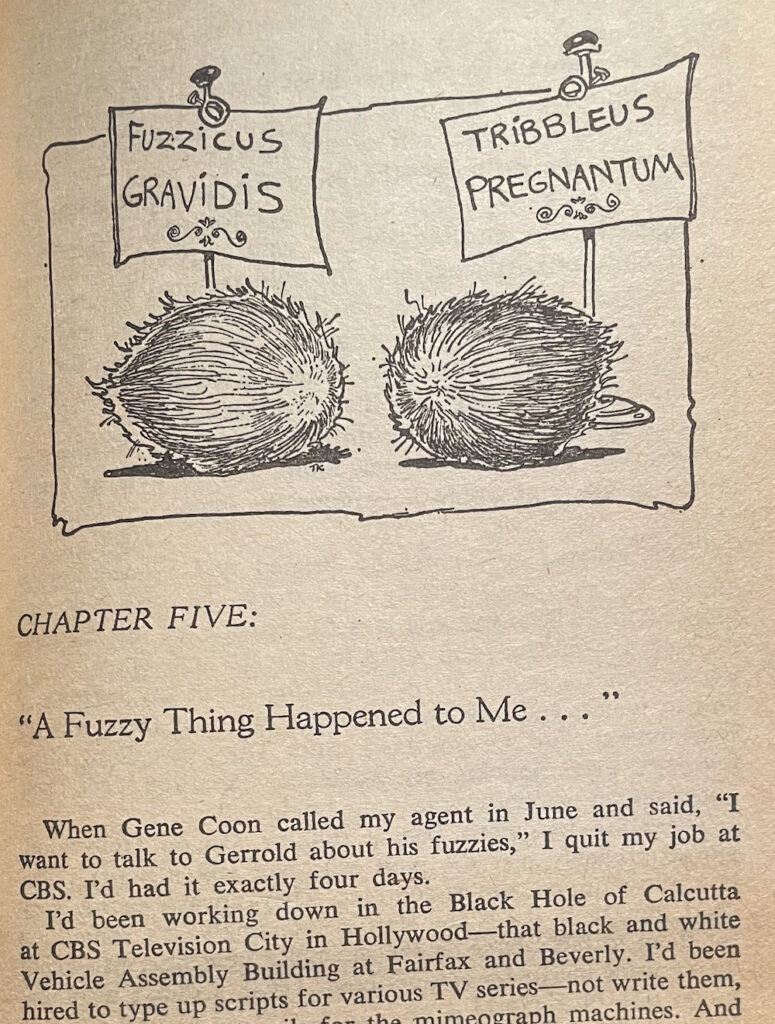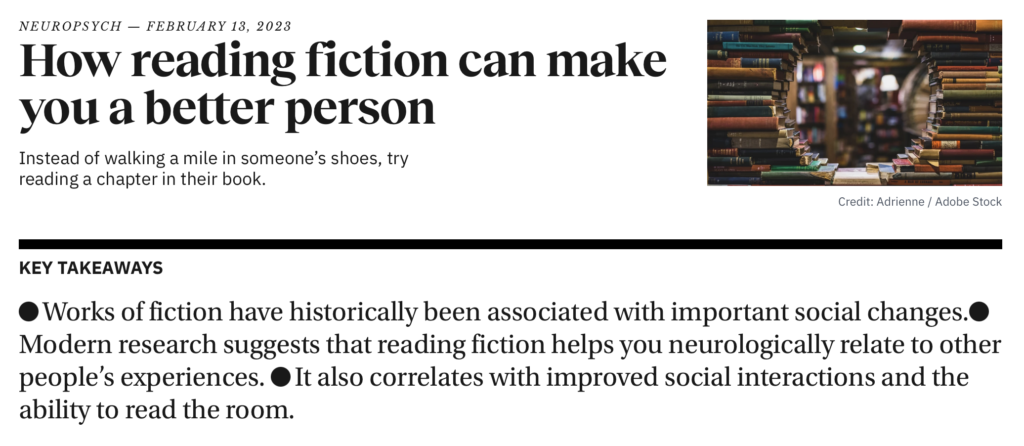Typo of the day is cosgender which I discovered by mistyping cisgender in some sentence like “Cisgenger is not a slur”—a statement too obvious to need saying, except that we live in the Worst Timeline.
“Cosgender. That ought to be a real thing!” I said to myself, and apparently it is.
“Cosgender is a fluid gender that changes depending on the character(s) one is cosplaying at the moment. For example, cosplaying a female character could make one’s gender more female-aligned, and cosplaying a male character could make one’s gender more male-aligned.”
Fandom.com
It even has its own flag, created by the term’s neologizer “Mogaiz-Heaven”.
So. There you go there. It’s a Solstice Miracle!™









